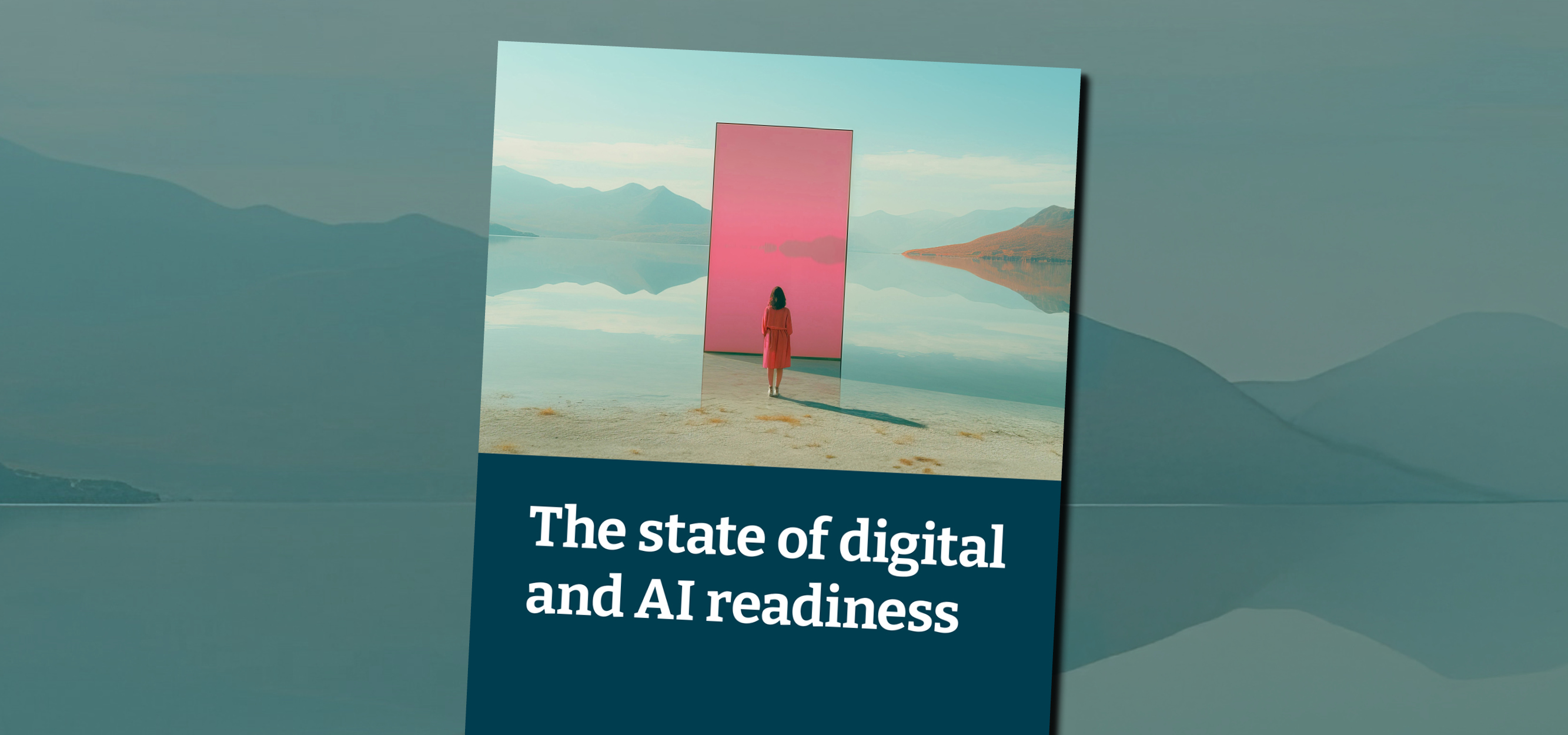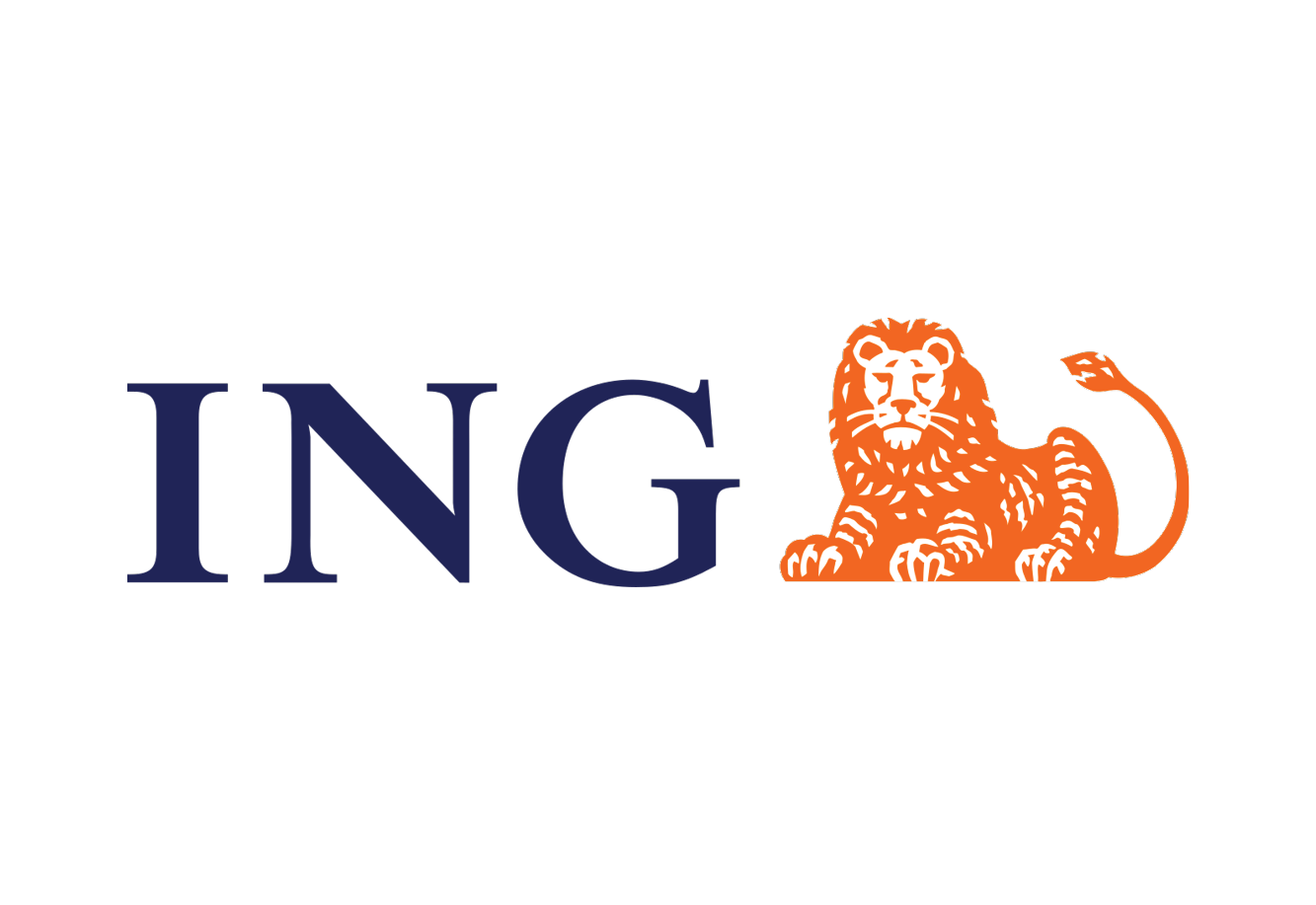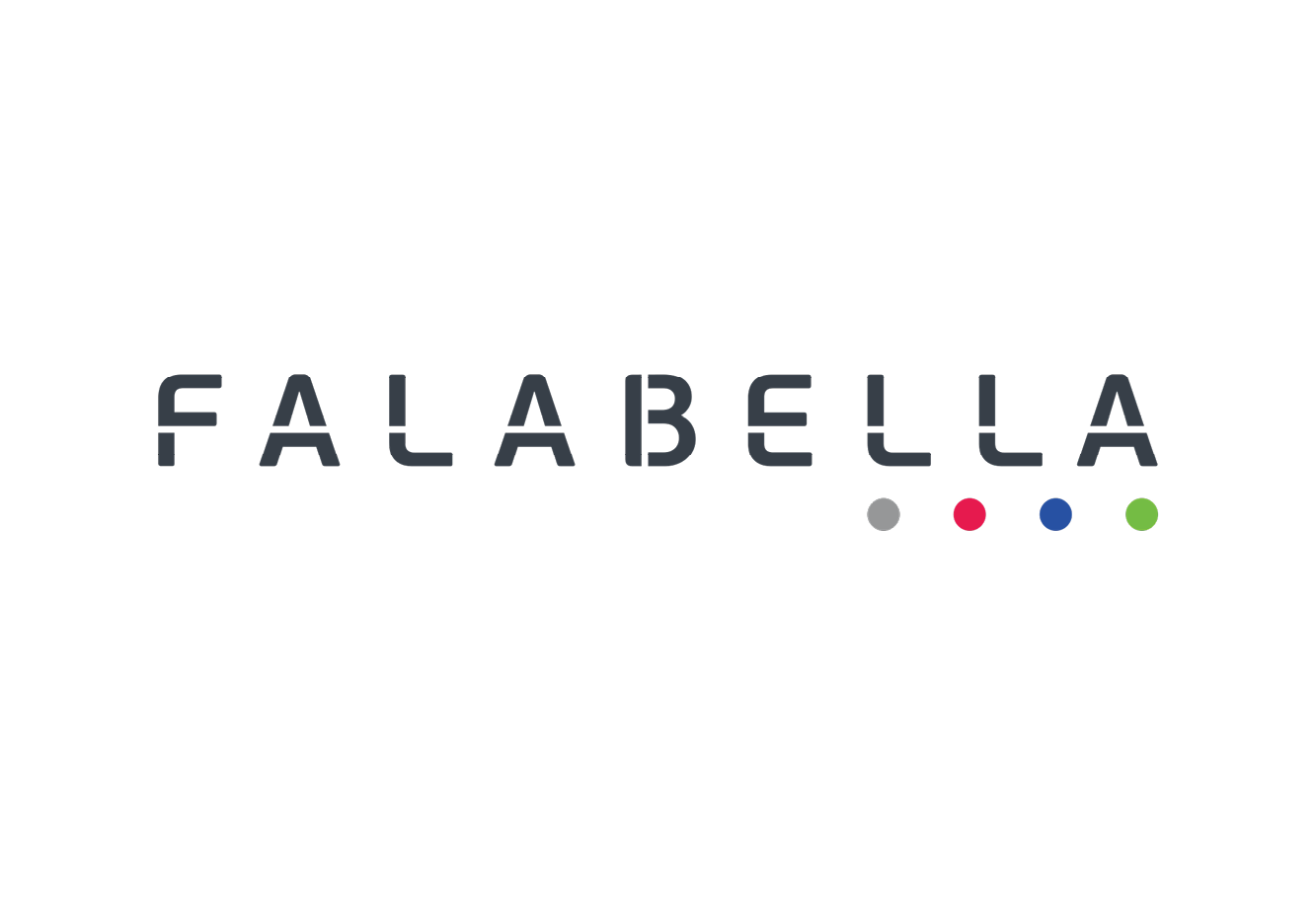- 3
- 4
- 2
- 1

Design. Engineering. AI
Wir sind eine globale Technologieberatung, die durch Verknüpfung von Design, Softwareentwicklung und KI-Expertise außergewöhnlichen Impact schafft.
Seit über 30 Jahren unterstützen wir Kunden durch unsere einzigartige Innovationskultur und technologische Exzellenz dabei, ihre Unternehmenssysteme zu stärken, flexibel zu skalieren und nahtlose digitale Erlebnisse zu entwickeln.
Wir meistern die komplexesten Herausforderungen unserer Kunden, indem wir die Stärke künstlicher Intelligenz mit menschlicher Kreativität verbinden. So schaffen wir aus visionären Ideen greifbare Erfolge.
Neueste Inhalte
Wir schaffen außergewöhnlichen Impact für unsere Kunden
Partnerschaften
Bereit für eine neue Herausforderung?
Jobs in der Technologiebranche können gewöhnlich sein. Clock in, clock out – repeat. Aber wer will sich schon mit dem Monotonen und Ereignislosen zufriedengeben? Wir ganz bestimmt nicht und du sicherlich auch nicht. Seit mehr als 30 Jahren werden Thoughtworker:innen dazu ermutigt, meinungsstark zu sein und den Status quo zu hinterfragen. Ihr wertvolles Feedback und ihr Engagement haben uns dabei geholfen, ein von Great Place to Work™ zertifiziertes Unternehmen zu werden. Werde jetzt Teil unseres Teams und schaffe gemeinsam mit uns einen außergewöhnlichen Impact auf die Tech-Welt.



















































